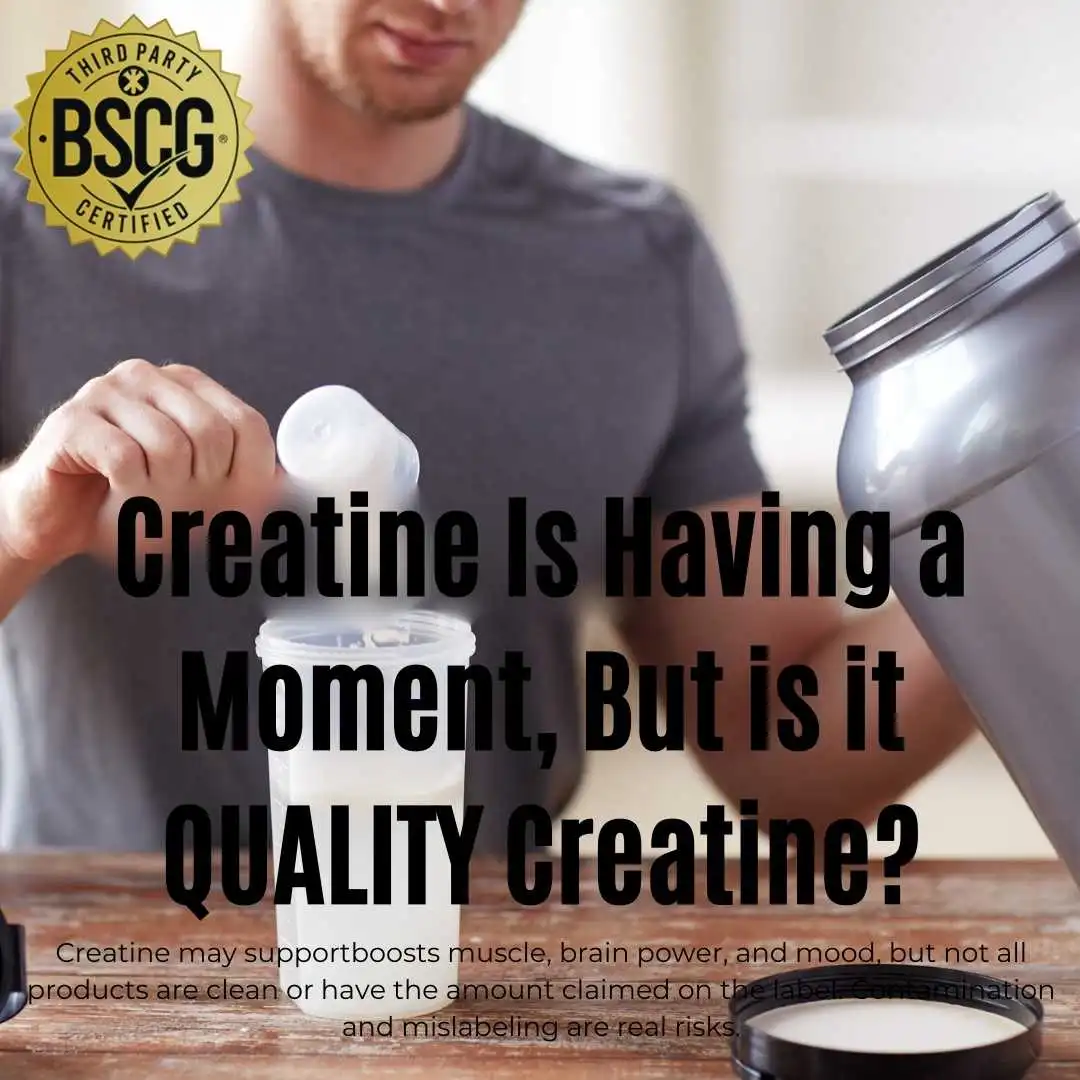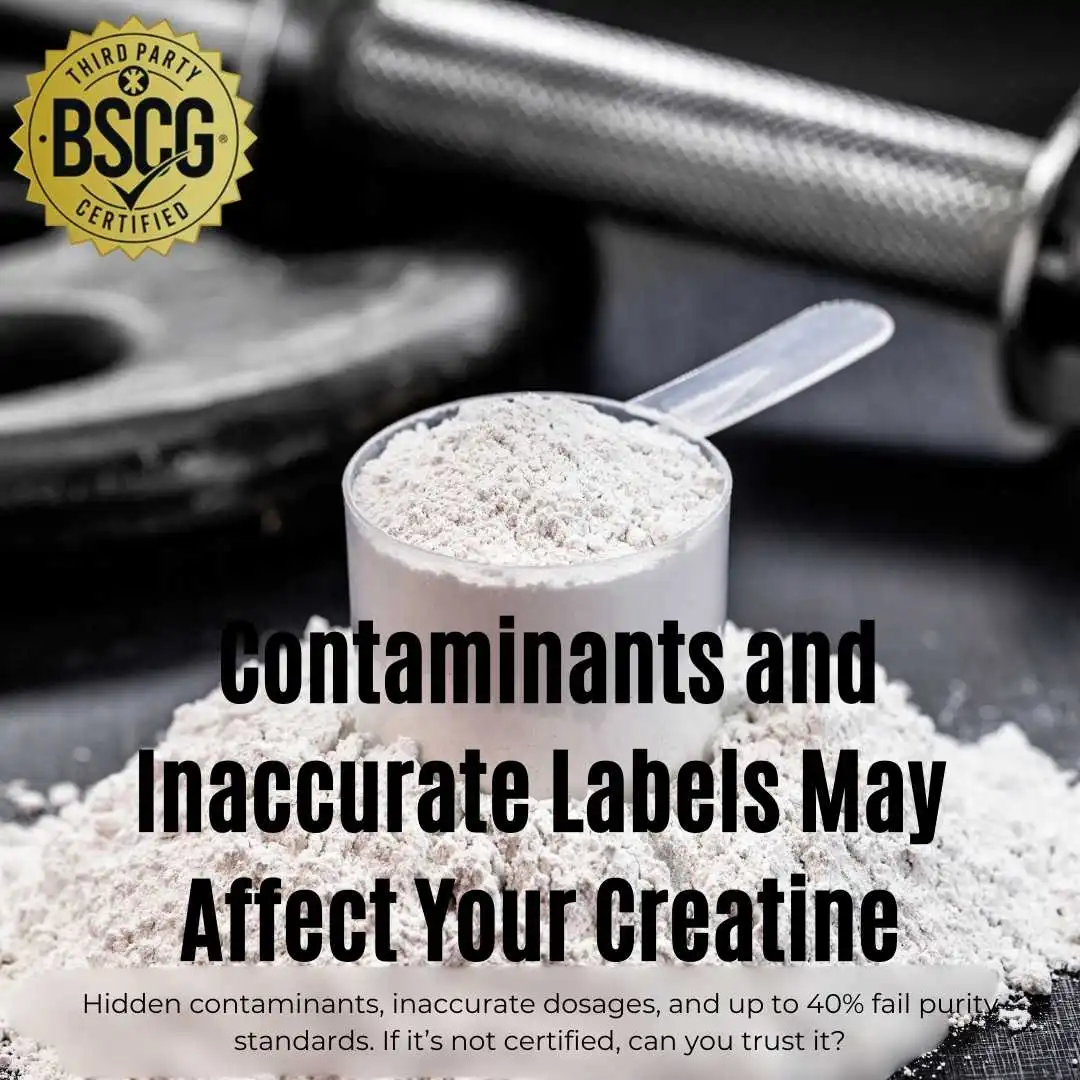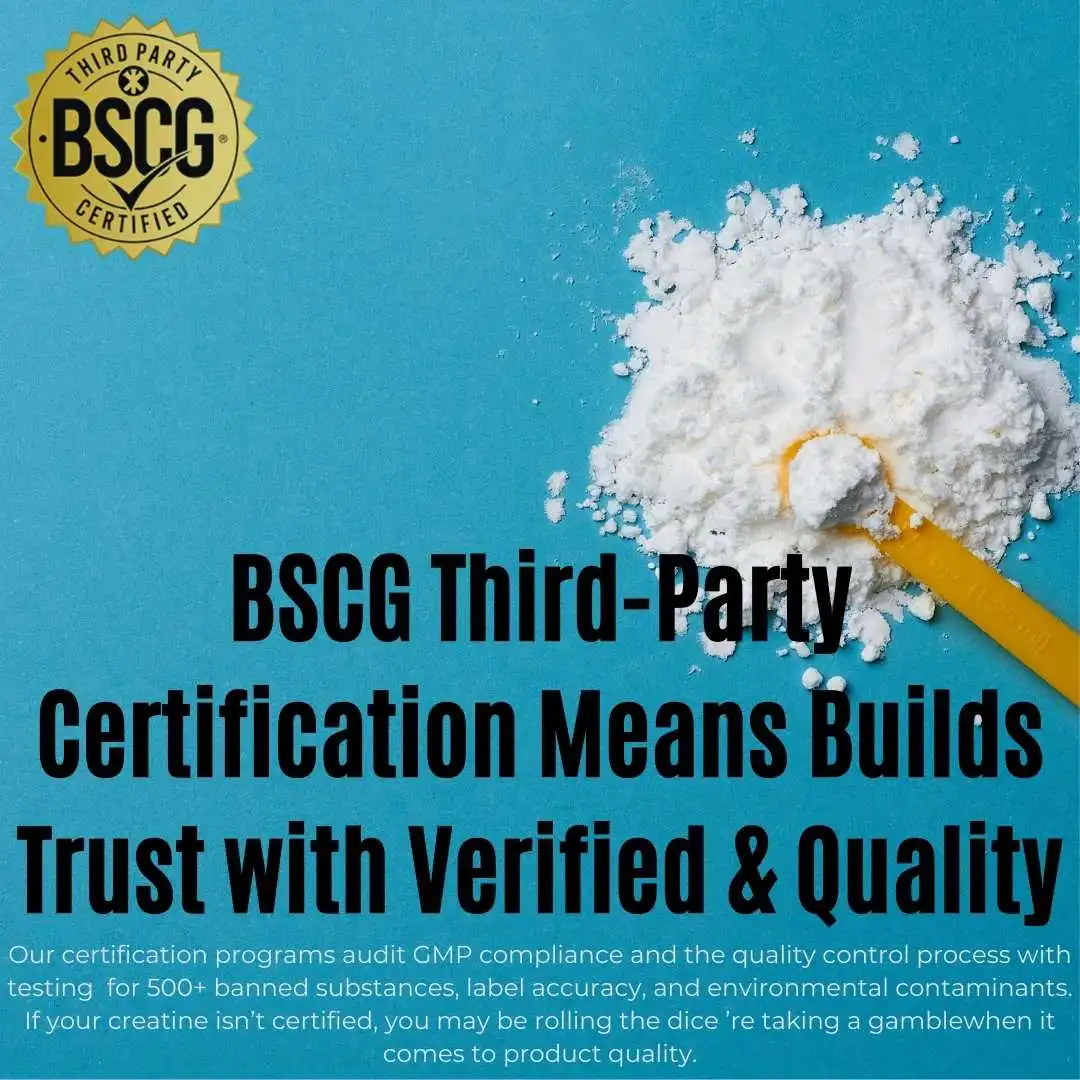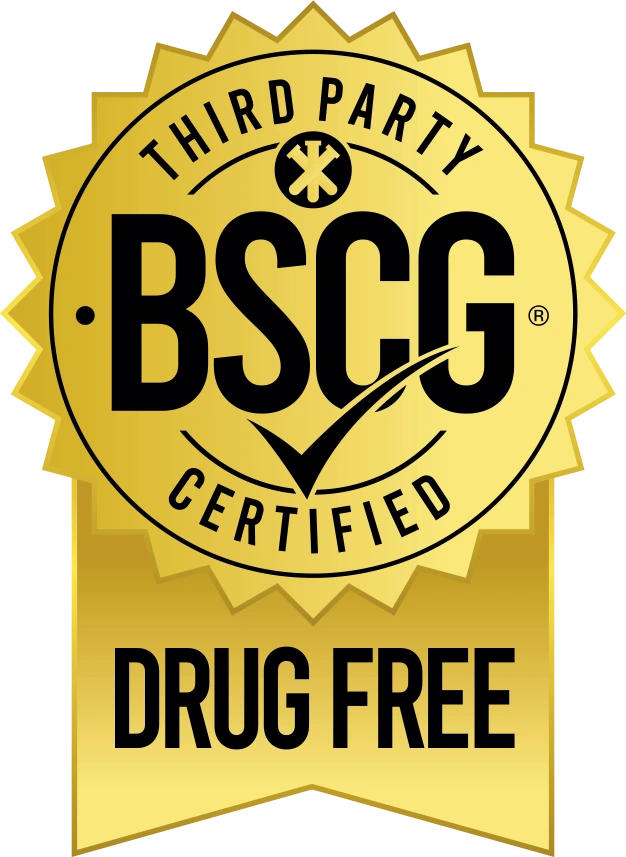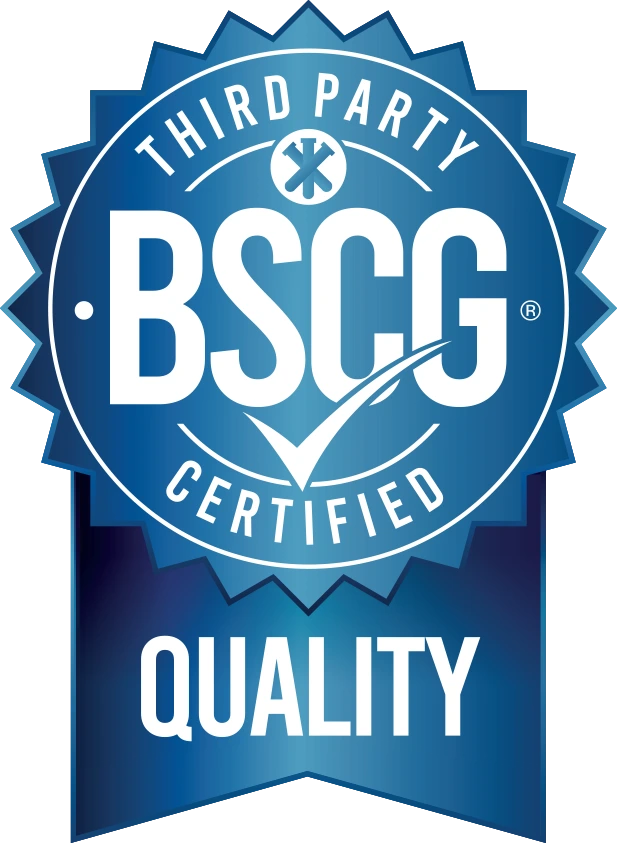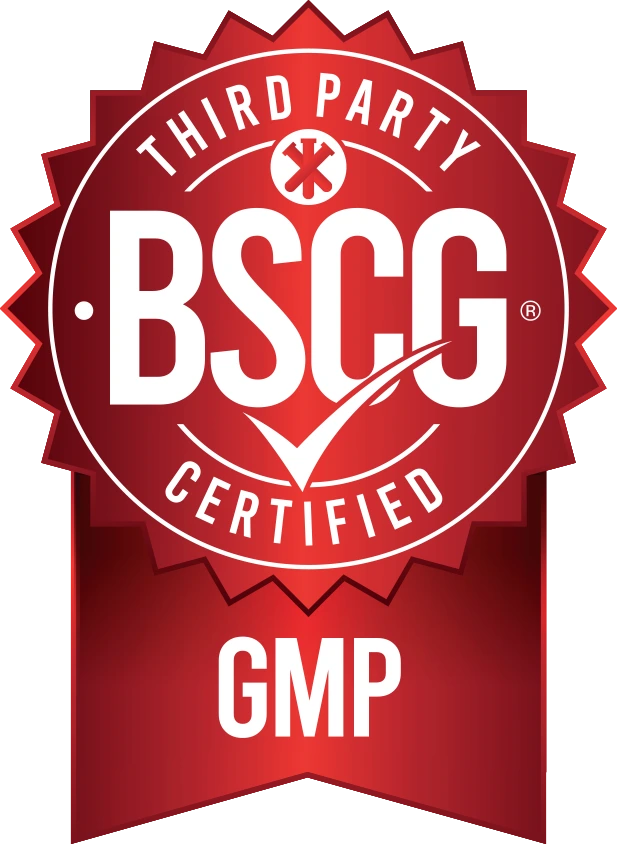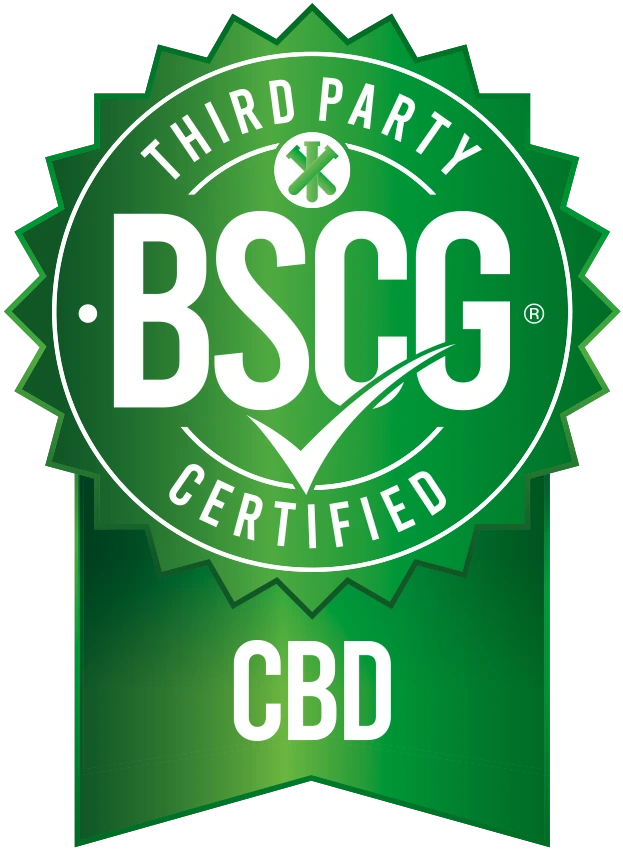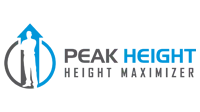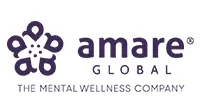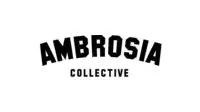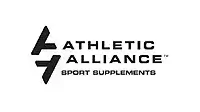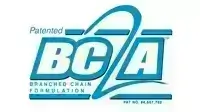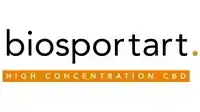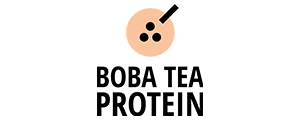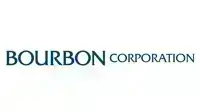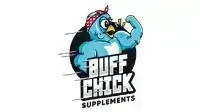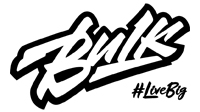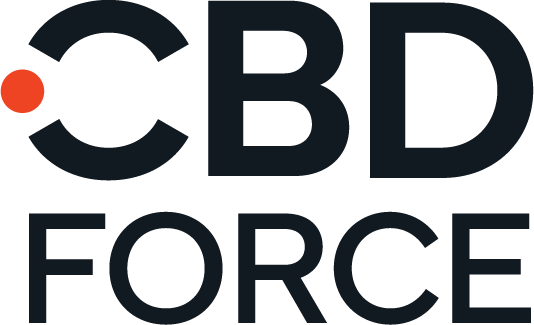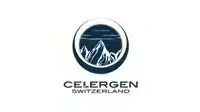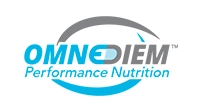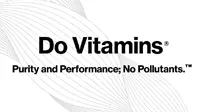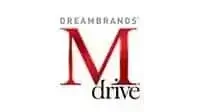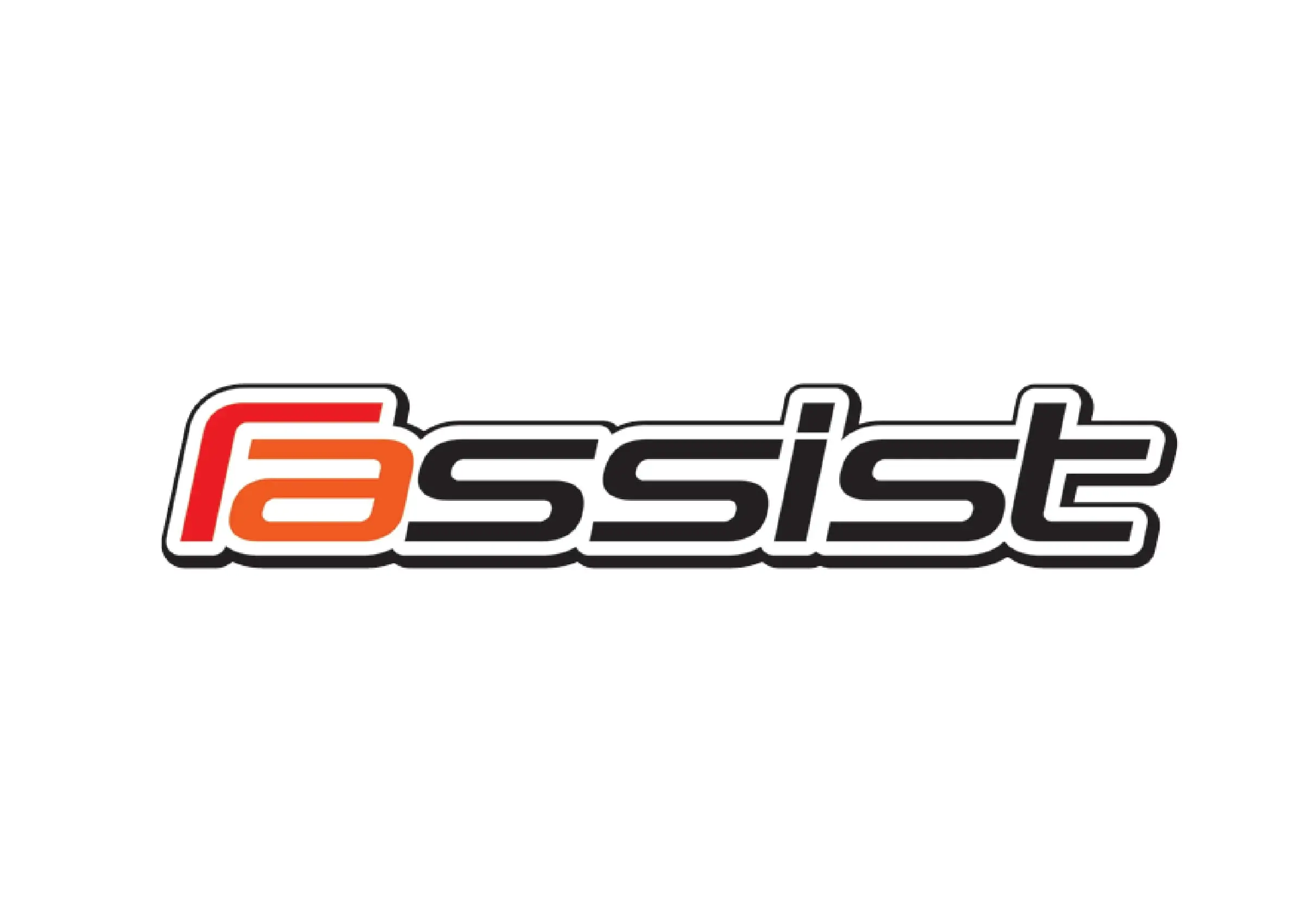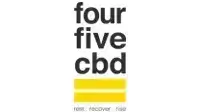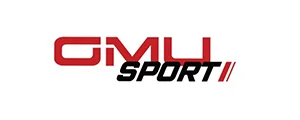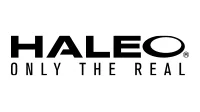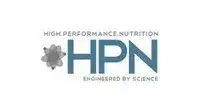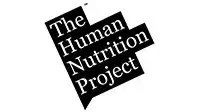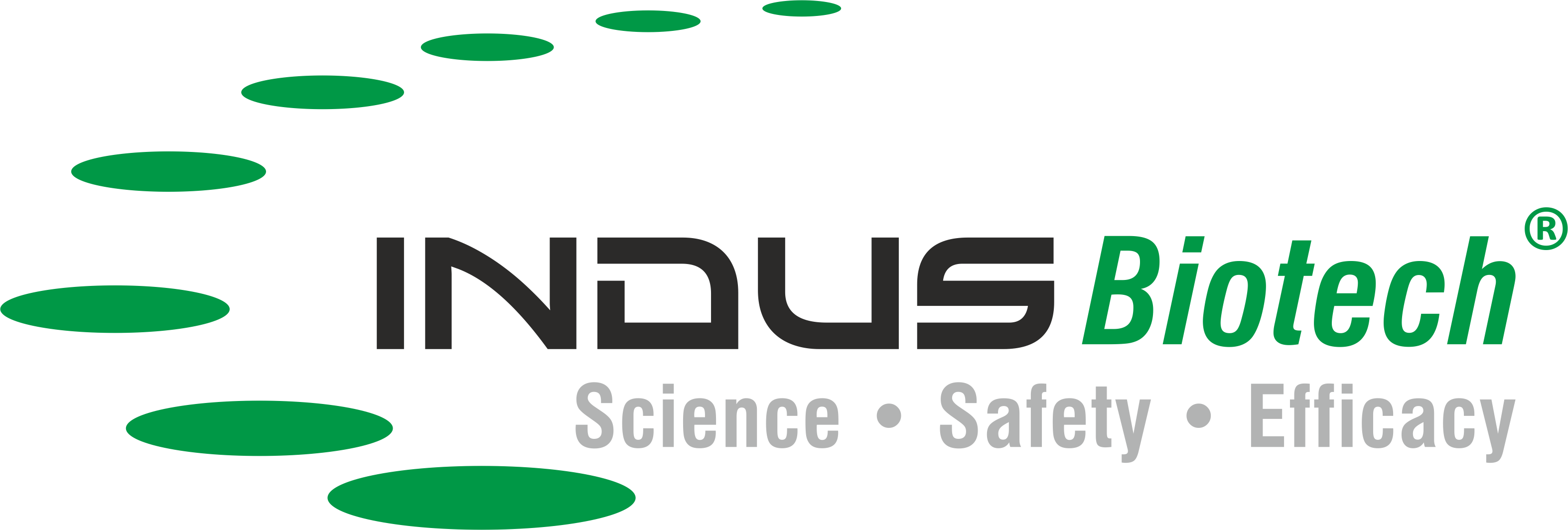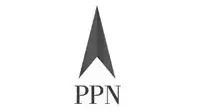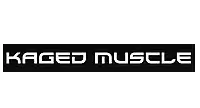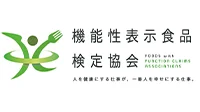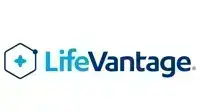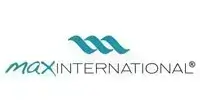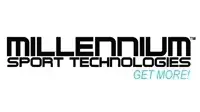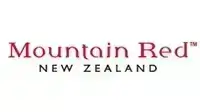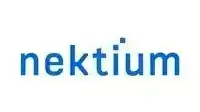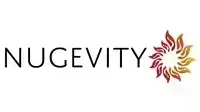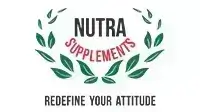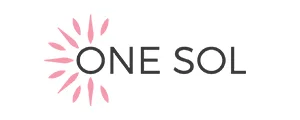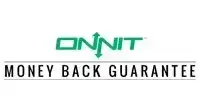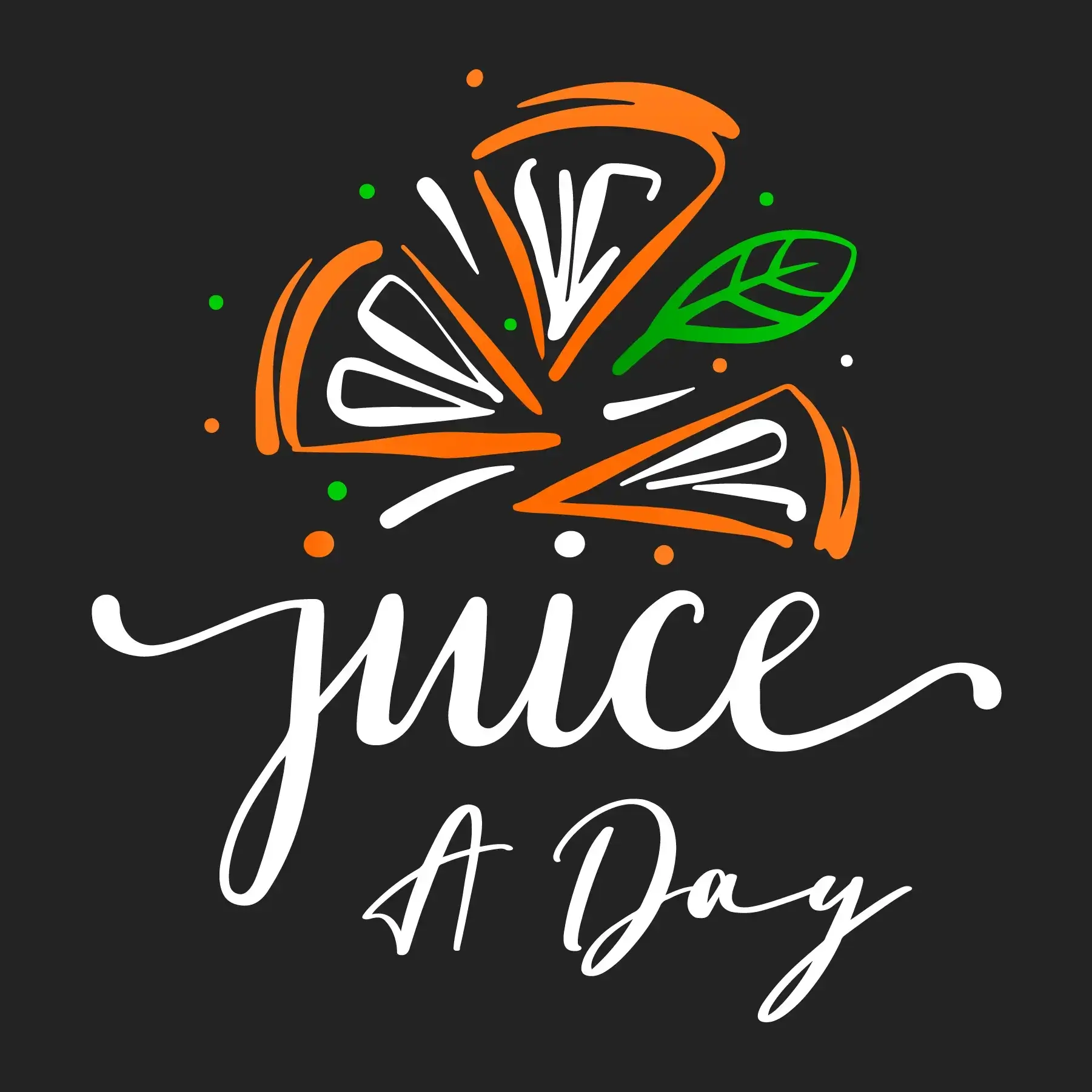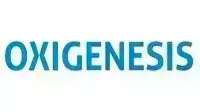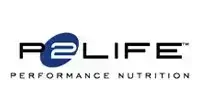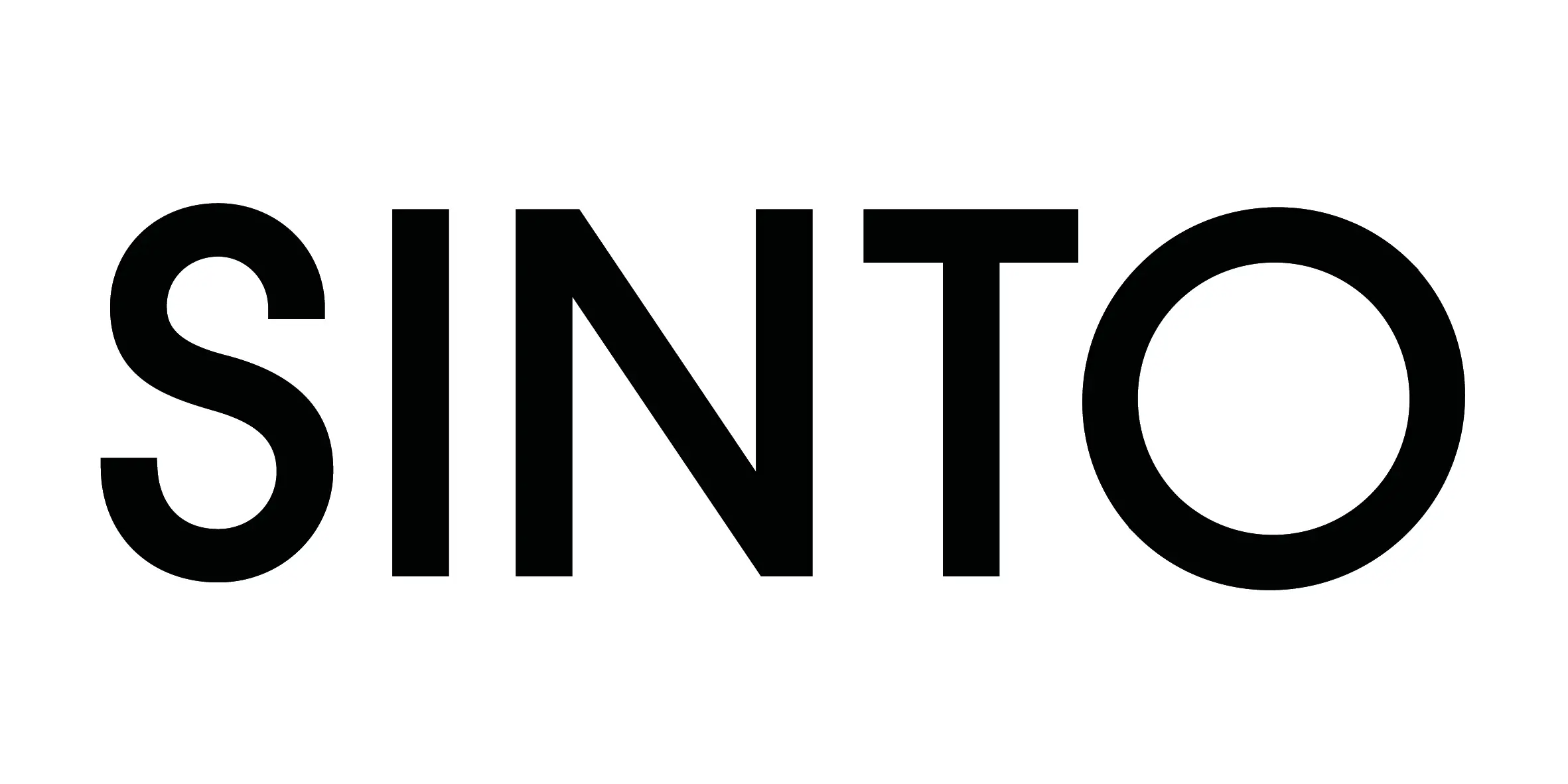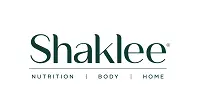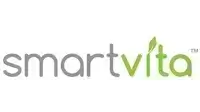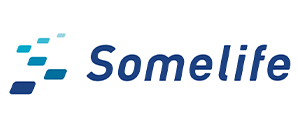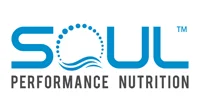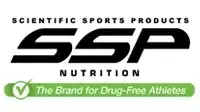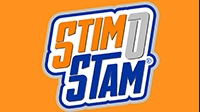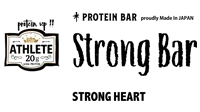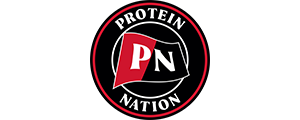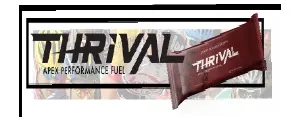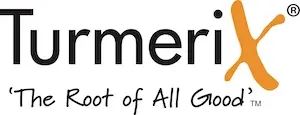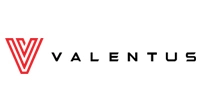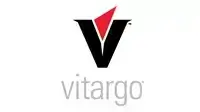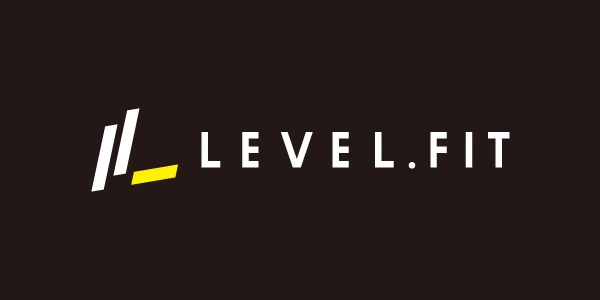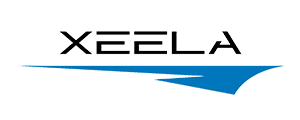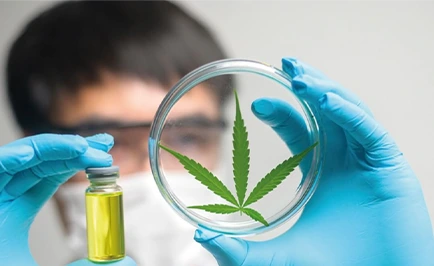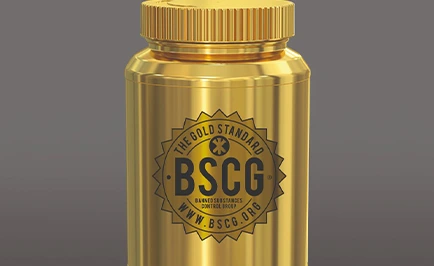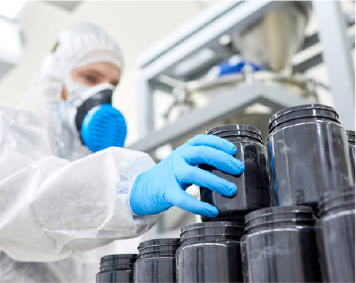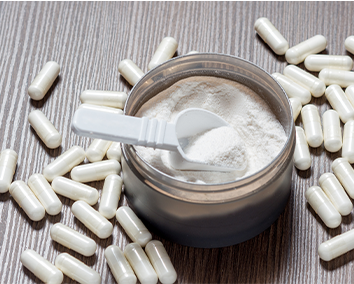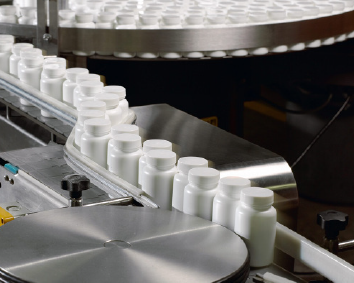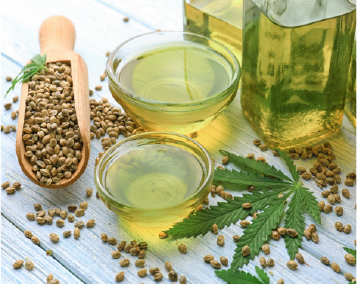Creatine Is Having Another Moment. But is it Quality Creatine?
Apr 07, 2025
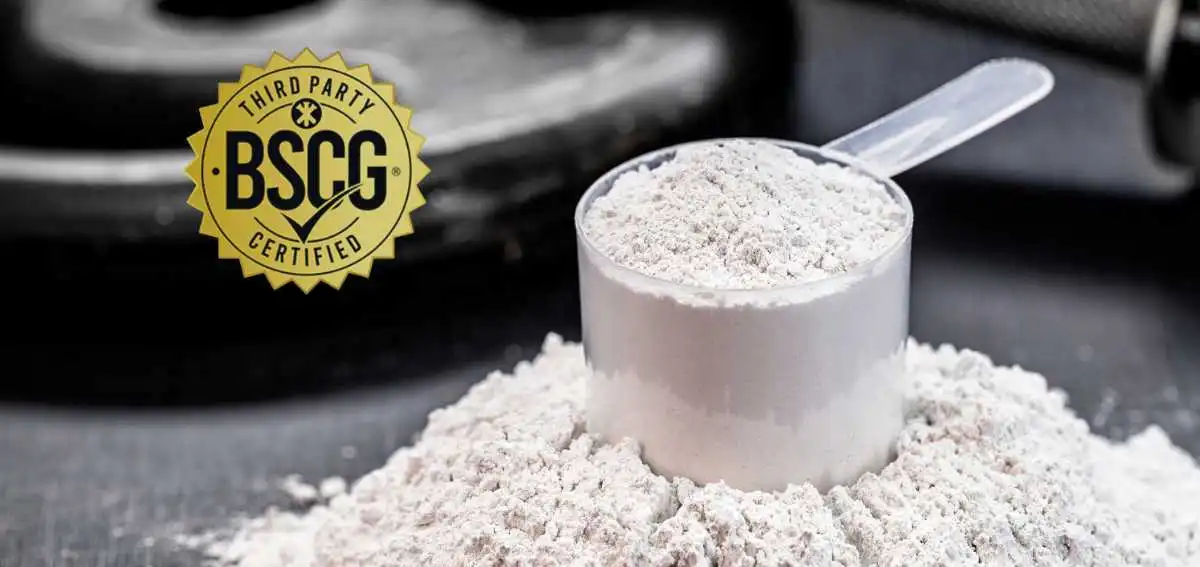
Creatine Is Having Another Moment. But is it Quality Creatine?
Creatine. It’s been the darling supplement to so many. Gym rats. Sprinters. Workaholics. Ageing individuals. Recently, it’s been flexing its muscles in a new arena: brain health. Once thought of as more of a muscle-building supplement, creatine is now earning reps for its cognitive benefits for people who couldn’t tell a barbell from a dumbbell. Research suggests it can support memory, focus, mental clarity, and even mood, proving it’s far more than just a tool for hitting that 220lb bench. With creatine’s growing mass market appeal, however, comes a familiar problem: the risk of low-quality, untested, and inaccurately dosed products. Some research found up to 40% of creatine products tested had purity below the acceptable range. That’s why third-party certification is more important than ever. But before we get into that, let’s do a quick refresher on why creatine is enjoying a renaissance that’s tracking well beyond the fitness world.
Creatine: A Brain-Boosting Powerhouse
Everyone knows creatine is a muscle building behemoth and achieves that by helping to regenerate ATP, your body’s primary energy currency, which seems to be turning heads in the field of brain power. A recent study published in Scientific Reports found creatine supplementation may improve cognitive function in sleep-deprived people, especially in short-term memory and mental processing speed. That’s a benefit catering to a marketplace that includes anyone with small children or an internet connection. It’s big. Another finding in the Journal of Education Health and Sport suggests it may even improve mood and promote better emotional well-being. It might do this because your brain is an energy-hungry organ, gobbling up about 20% of your body’s total energy despite only representing 2% of your total weight. Since creatine helps top up your ATP reserves, it’s no surprise that the above research supports its ability to support mental clarity, reduce fatigue-related cognitive decline, and even assist in stress resilience. It turns out creatine can give you support to help get through many of life’s problems. A comprehensive white paper from the International Society of Sports Nutrition goes into depth on the research, safety, and benefits of creatine for those hungry for more knowledge.
Is Your Creatine Really What It Claims to Be?
With the surge in popularity comes an inevitable downside: an uptick in unverified, low-quality creatine on the market. The biggest concerns? Contamination, mislabeling, and the hidden risks for drug-tested athletes and professionals. A 2011 study in the journal Food Chemistry analyzing 33 creatine products found significant inconsistencies in purity. Nearly half (44%) contained creatinine levels exceeding safe limits, while 15% had detectable levels of industrial contaminants like dihydro-1,3,5-triazine and dicyandiamide. These are byproducts from poor manufacturing processes. Even trace amounts of mercury were detected in some samples. Let’s hope things have improved since then, but in the age of inflation, extreme price sensitivity, and now tariffs, quality concerns are likely to still exist. Supplement contamination isn’t a new problem. Industry testing initiatives have highlighted major disparities in label claims across commercially available supplement products. In 2023, another paper noted that anywhere from 14 to 50% of dietary supplement samples evaluated in the literature were found to contain anabolic agents or other prohibited substances. For anyone relying on precise dosing, whether for muscle gain, brain power, or cognitive function, these kinds of variables should be a serious concern.
BSCG Third-Party Certification Offers Creatine Consumers Can Trust
Not all creatine supplements are created equal, and for athletes, military personnel, and drug-tested professionals, the risks of contamination with banned substances are too high to ignore. This is where BSCG’s Certified Drug Free and Certified Quality programs make all the difference. The BSCG Certified Drug Free program is designed for anyone subject to strict anti-doping regulations. Every finished lot is tested for over 500 banned substances, almost double the coverage of other certification providers. It protects against performance-enhancing drugs, stimulants, and other pharmaceuticals that could lead to a career-ending positive test or health concerns. The initial certification process reviews GMP compliance, quality control, and the testing process for label claims and environmental contaminants to ensure they meet or exceed industry standards and requirements. The program offers the broadest protection in the world against banned substances in sport and other pharmaceutical contaminants. The BSCG Certified Quality program is designed for retail compliance and consumer safety. It provides annual testing for label accuracy, heavy metals, pesticides, microbiological agents, and an industry-leading list of more than 500 banned substances. For comprehensive quality assurance, the two programs can be combined, offering lot-by-lot banned substance screening (Certified Drug Free) alongside annual verification of label claims and environmental contaminants (Certified Quality). If a creatine product carries the BSCG seal, it has undergone rigorous third-party testing and has demonstrated that quality control and product testing meet or exceed strict manufacturing standards. Some brands may prioritize marketing over quality, but consumers are getting savvy and are starting to really look for quality. Third-party certification is a way for brands to showcase quality to consumers and build confidence in their products. In today’s market, third-party certification isn’t just a luxury. It’s a necessity.
Know What You’re Getting with Third-Party Certification
Creatine is evolving. It’s one of the few supplements that has become popular as a muscle builder and also a nootropic. As its popularity continues to grow, there’s a risk that low-quality, mislabeled, or even contaminated products will hit the market. Giving athletes, military service members, first responders, and consumers the peace of mind to know that product quality has been verified has never been more critical. Whether you’re an athlete or a brand looking to stay compliant, third-party certification allows you to verify and rely on the quality of your products. When performance, focus, and health are on the line, trust matters. And if it’s not certified, it’s not verified.
CAPTION
It’s not just for muscle—creatine also supports brain function and mood. But with contamination and mislabeling concerns noted, how do you know what you’re getting? Low-Quality Creatine is Everywhere Up to 40% of creatine products fail purity standards. Hidden contaminants, inaccurate dosages, and poor manufacturing make unverified supplements a real risk. BSCG Certification Builds Trust by verifying quality. BSCG Certified Drug Free and Certified Quality programs set the standard for third-party certification for banned substances and quality control. If it’s not certified, you may be rolling the dice on the quality of your creatine. #BSCGCertified #CreatineQuality #ThirdPartyTested #CertifiedDrugFree #SupplementSafety
